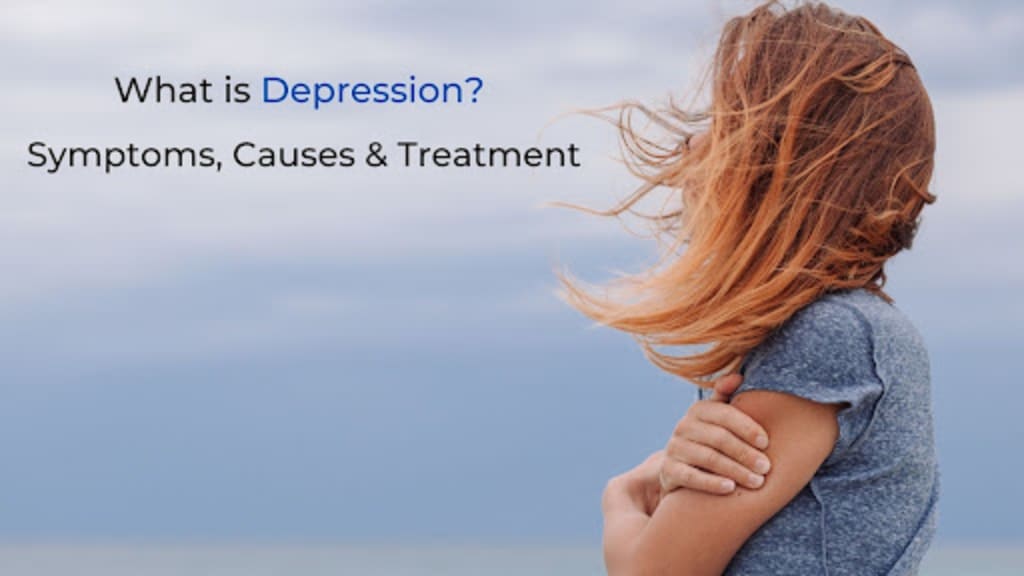
Depression is a serious and common mental disorder that affects people of all ages, gender, and social backgrounds. It is characterized by persistent sadness, hopelessness, loss of interest in activities, and difficulty in carrying out daily tasks. Depression has a profound impact on an individual’s personal, social, and occupational life, as well as their overall well-being. Depression is a major public health issue and has been identified as the leading cause of disability worldwide. The aim of this paper is to explore the impact of depression on individuals and society, the available treatment options, and the challenges associated with depression management.
What is Depression?
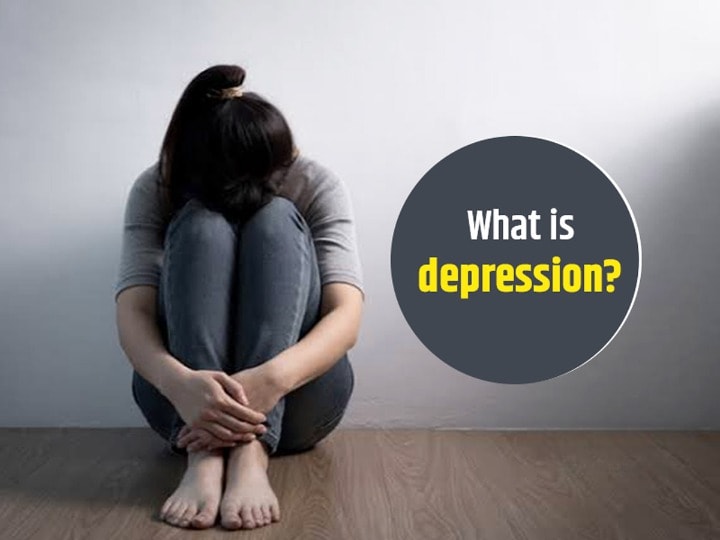
Depression is a mood disorder that causes persistent feelings of sadness and loss of interest. It affects how a person thinks, feels, and behaves, and can interfere with their ability to carry out daily activities. Depression can be classified into several types, including major depressive disorder, dysthymia, seasonal affective disorder, and bipolar disorder.
Major depressive disorder is the most common type of depression and is characterized by persistent feelings of sadness, hopelessness, and worthlessness. Individuals with major depressive disorder may experience changes in appetite, sleep patterns, and energy levels, as well as difficulty in concentrating and making decisions. They may also have thoughts of suicide or self-harm.
Dysthymia, also known as persistent depressive disorder, is a milder form of depression that is characterized by long-term, low-level sadness and hopelessness. Individuals with dysthymia may not experience severe symptoms, but they may feel like they have been in a constant state of sadness for years.
Seasonal affective disorder is a type of depression that occurs during the winter months when there is less natural light. It is characterized by feelings of sadness, fatigue, and weight gain.
Bipolar disorder, also known as manic-depressive illness, is a mood disorder that is characterized by periods of extreme highs (mania) and lows (depression). Individuals with bipolar disorder may experience a range of symptoms, including irritability, impulsivity, and difficulty sleeping.
Causes of Depression
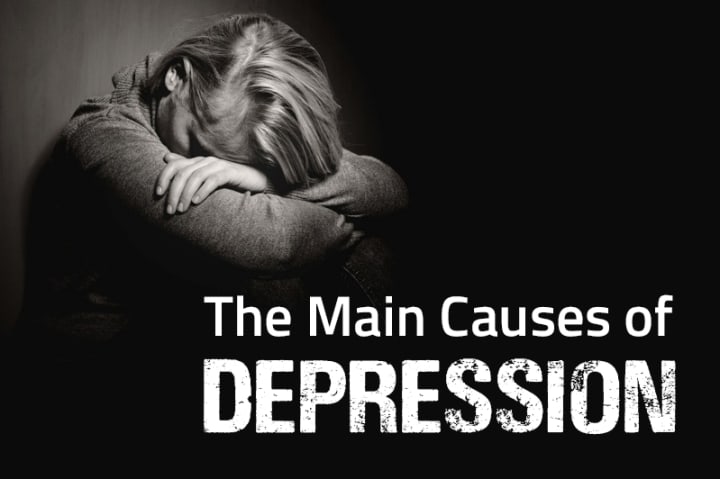
Depression is a complex condition that can be caused by a variety of factors, including biological, psychological, and social factors. Some of the common causes of depression include:
Genetics:
Genetics plays a vital role in depression. Studies have shown that if a parent or sibling has depression, the risk of developing the condition is increased. This is because certain genes that affect mood regulation are passed down from generation to generation.
Chemical imbalances:
Depression is also caused by an imbalance of chemicals in the brain. Serotonin and dopamine are neurotransmitters that regulate mood, and a deficiency of these chemicals can cause depression.
Environmental factors:
Environmental factors such as stressful life events, trauma, and abuse can trigger depression. For example, the loss of a loved one, financial difficulties, and relationship problems can all contribute to the onset of depression.
Life events:
Major life events, such as the loss of a loved one, divorce, or job loss, can trigger depression.
Symptoms of Depression
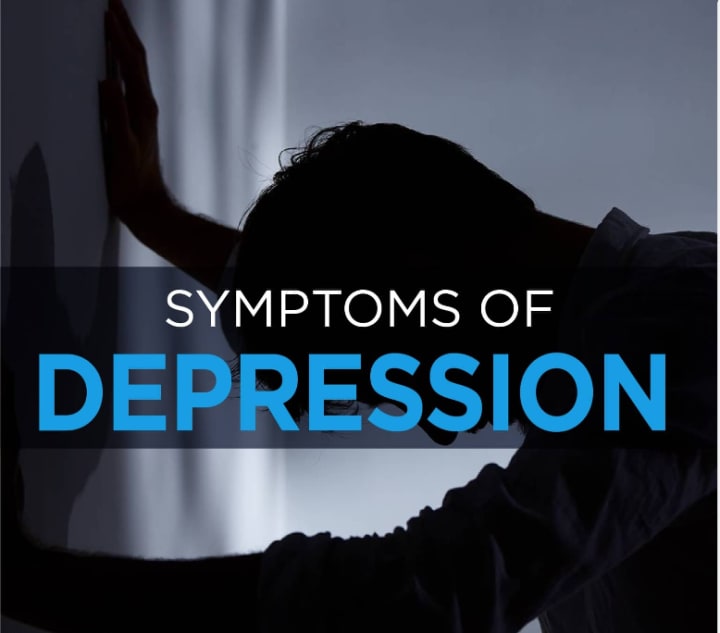
Depression is characterized by a range of symptoms that vary in severity and duration. Some of the common symptoms of depression are:
Low Mood
The most common symptom of depression is a persistent feeling of sadness, emptiness, or hopelessness.
Loss of Interest
People with depression may lose interest in activities they once enjoyed, such as hobbies, socializing, or work.
Reduced Energy
Depression can cause fatigue and reduced energy levels, making it challenging to carry out daily tasks.
Sleep Disturbances
Depression can affect sleep patterns, causing insomnia or excessive sleepiness.
Changes in Appetite
Depression can also cause changes in appetite, leading to weight gain or weight loss.
Impact of Depression
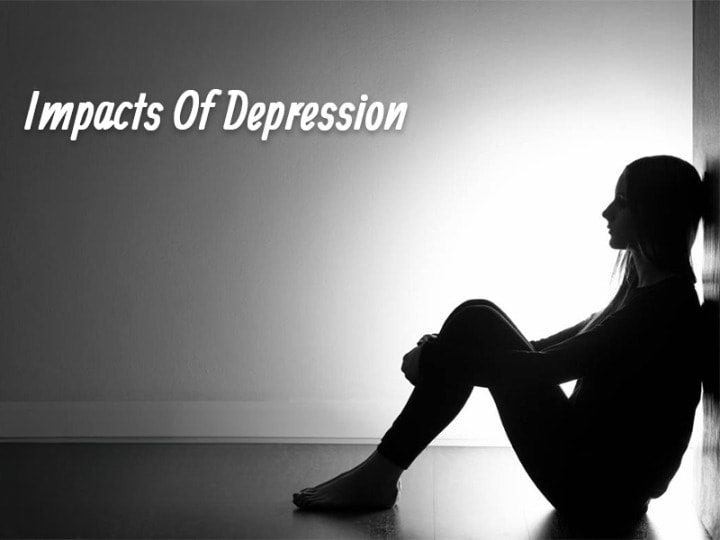
Depression has a significant impact on individuals, families, and society as a whole. Some of the significant impacts of depression are:
Personal Impact
Depression can have a profound impact on individuals, affecting their quality of life, relationships, and productivity. People with depression may experience social isolation, reduced work performance, and difficulty carrying out daily tasks.
Family Impact
Depression can also impact families, causing strain and tension in relationships. Family members may experience frustration, guilt, and anxiety when trying to support their loved one with depression.
Economic Impact
Depression also has an economic impact on society, as it reduces work productivity and increases healthcare costs. According to the World Health Organization (WHO), depression is the leading cause of disability worldwide, with an estimated cost of $1 trillion per year.
Treatment for Depression

Fortunately, depression is a treatable condition, and there are several effective treatment options available. The most common treatments for depression include:
Psychotherapy:
Psychotherapy, also known as talk therapy, involves meeting with a mental health professional to explore and address the underlying causes of depression.
Medication:
Antidepressant medications can be used to regulate neurotransmitters in the brain and improve mood.
Lifestyle changes:
Engaging in regular exercise, eating a healthy diet, and getting enough sleep can all help improve mood and alleviate symptoms of depression.
Support groups:
Support groups can provide a sense of community and support for individuals with depression.
Conclusion

Depression is a complex and debilitating condition that affects millions of people worldwide. It is caused by a range of genetic, environmental, and psychological factors and characterized by low mood, loss of interest, reduced energy, and disturbed sleep patterns. Depression has a significant impact on individuals, families, and society, leading to reduced quality of life, social isolation, and economic costs. It is essential to recognize the symptoms of depression and seek professional help to manage the condition effectively. With the right treatment and support, people with depression can lead fulfilling and productive lives.
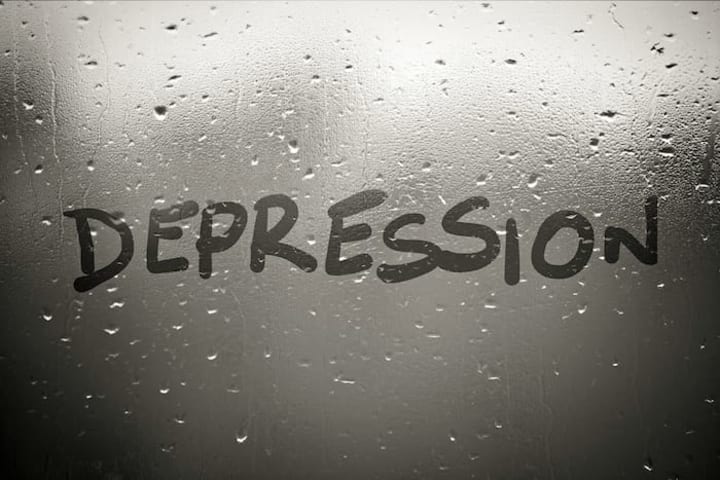
About the Creator
Enjoyed the story? Support the Creator.
Subscribe for free to receive all their stories in your feed. You could also pledge your support or give them a one-off tip, letting them know you appreciate their work.






Comments
There are no comments for this story
Be the first to respond and start the conversation.